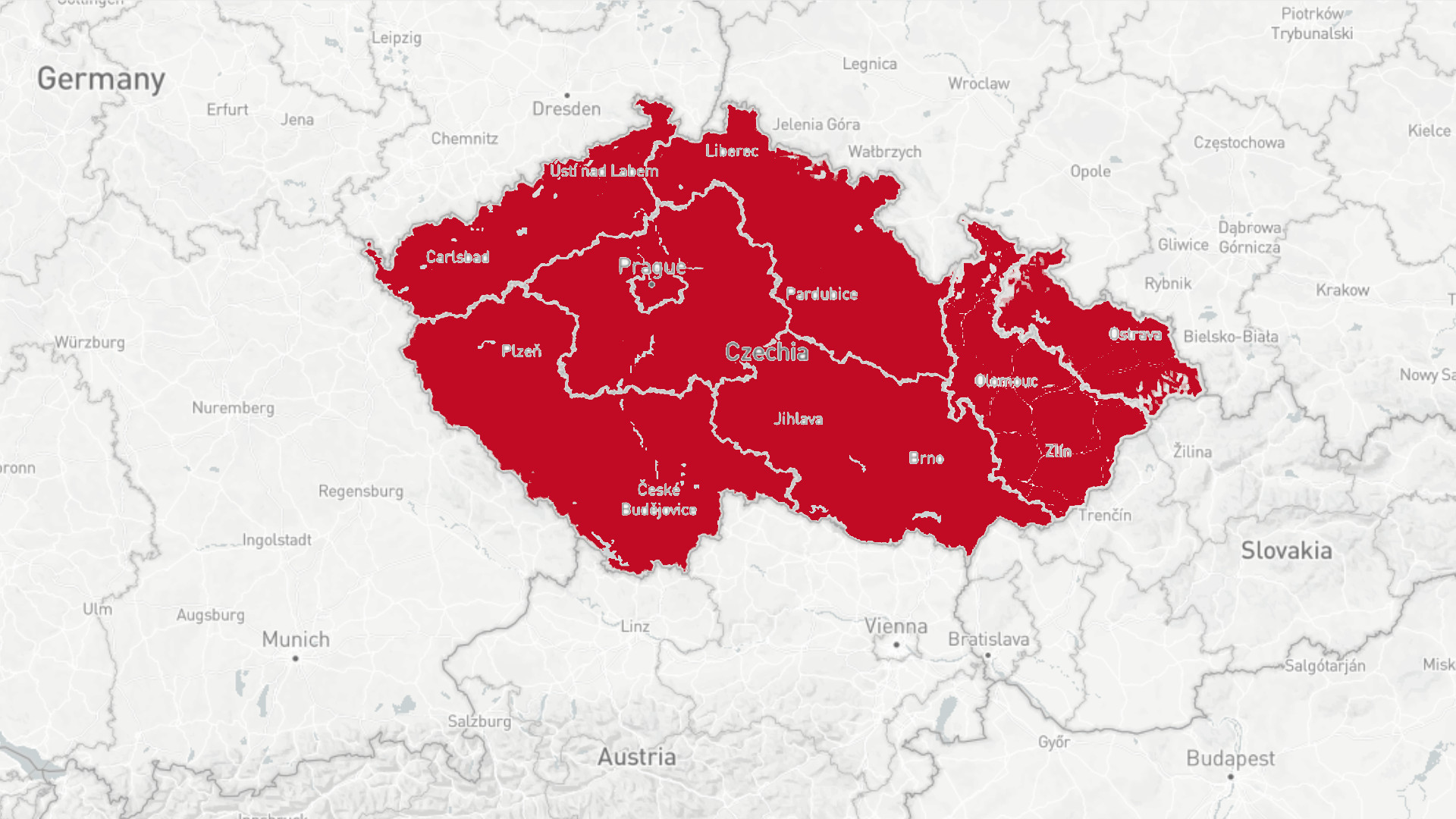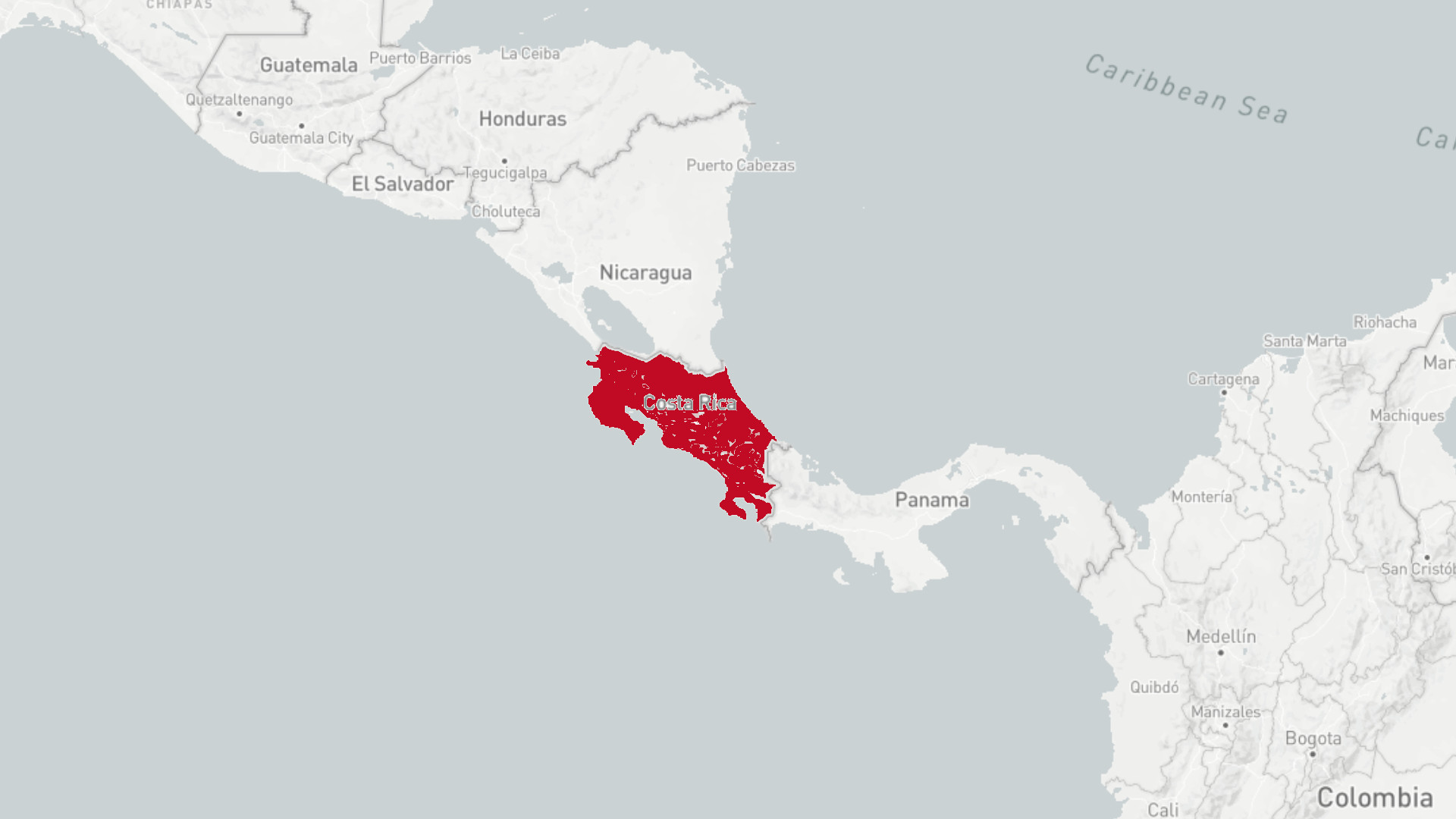A critical public
One result, different perceptions. The budget to counter the impact of the COVID-19 pandemic, passed by the EU Summit in July 2020, was an important sign for unity in Europe during a worldwide crisis. Nevertheless, the resulting communication varies a lot in the EU Member States. The example of Germany and the Netherlands shows how the public discourse can be distinct in two neighbourhood countries.
written by

Finn Müller
„This is a historic moment for Europe”, said European Commission president Ursula von der Leyen on the 21st of July. After more than 90 hours of negotiations, the members of the European Union had reached an agreement for the new EU budget. The budget involves 750 billion Euros in grants and loans, only dedicated to counter the impact of the corona-pandemic. Although the deal is a hard-earned compromise, it is also a symbol for a united Europe during a crisis.
Hard-earned is the cue. Different approaches and different expectations towards the European Union led to difficult negotiations. A major reason for that are the various national interests of the 27 Member States. For instance, countries that were hit harder by the virus like Spain or Italy fought for higher grants. In opposition the so called “frugal four” Sweden, Austria, Denmark and the Netherlands aimed to keep the grants low.
On the one hand the final deal is a great sign for unity in Europe, but on the other hand, the challenging path that led up to it shows the distinct rudiments of crisis handling in the different states. Regarding the corona-pandemic, those differences lie in the extent to which the countries have been affected by the virus. But they also lie in different public discourses and with that, in different ideals. This can be very well illustrated with a view on how Germany and the Netherlands are respectively operating against the further spread of the virus.
An example for diverging discourses in Germany and the Netherlands is the public perception and communication of the summit outcomes. The news coverage in Germany focused mostly on the fact, that Europe could reach an historic agreement. Chancellor Angela Merkel was perceived as moderator and deal maker for Europe. The primary focus did not lie on what the deal meant for Germany itself, but more on what it could mean for the European Union. In contrast to that the communication in the Netherlands went into another direction. Already during the summit prime minister Mark Rutte established himself as tough negotiator and head of the “frugal four”. The Washington Post wrote about him as “Dutch Dr. Superstrict”. The consent was that Rutte really came up for the interests of his country, Dutch journalist Coen van de Ven explains. That narrative of strictness and careful spending of money was received quiet well by the public in the Netherlands.
Van de Ven criticises that point of view as short sided. “We are one of the countries that profited the most from the EU and from trade within Europe.” He thinks supporting the Member States who suffered most from the virus will end up stabilizing the whole European market. A sentiment that is also heard quite often in Germany these days.
Nevertheless, the tough standpoint of Mark Rutte and his communication focus on national interests benefited his popularity ratings. That perception is exemplary for the sceptical attitude of the Dutch towards the measures taken against the further spread of the coronavirus. One of the most prominent topics in the last few months has been whether it is necessary to wear face masks in public places or not.
In Germany that discussion mainly happened at the end of April. From that point on it became mandatory to wear masks in supermarkets and in public transport. There had been some discussions on the impact of masks. But in general, the vast majority acknowledged the necessity and was willing to wear a mask in order to prevent a further spread. Coen van de Veen visited Germany a few weeks back. He was surprised about how clear and widely accepted the wearing of masks was: “In the Netherlands there is a much bigger discussion about that.”
One reason is the public discourse about facemasks. At the beginning of the crisis in March there was a shortage of masks in the Netherlands, as well as in many other countries. That is why, according to van der Ven, the Dutch government started to play down the need for masks. Their virtue was put in question. Officials claimed if people wore them, they would become more reckless. “Actually, scientific findings state the opposite”, van der Ven explains, “when people are confronted with masks in public spaces, they are constantly reminded that something is going on.”
In June masks became mandatory in public transport. Many people found that to be quite paradoxical. “First the government tells us the masks don`t work anyway and then we have to wear them”, van de Ven explains the situation. Another reason for that conflict is the mindset of the Dutch, he states. “People feel very quickly affected in their individual freedom.”
He compares the understanding of individual liberty in the Netherlands to the value of liberty in the United States. This also plays an important role in another conflict concerning the precautionary measurements against Covid-19: contact-tracing of infected people.
The Netherlands are divided into 25 security regions. In each region there is a health institution that carries out contact tracing manually. For that the institutions vastly increased their personal, as it is a lot of work and of course a lot of responsibility. “One infection takes about 8 hours of tracing work”, van de Ven illustrates. The regions are prepared to perform 30 contact tracings a day. But why this time and manpower consuming procedure?
To automate that process Germany introduced the corona warning App. It is supposed to track contacts by default. If someone is infected, the positive result must be uploaded into the app and all close contacts of the last 14 days get an alert message. They can then do a corona-test themselves. As it turns out that did not work properly on most of the phones up to this point.
Still that is not the main reason for the Dutch reluctance to launch a similar application. In April, the Dutch government announced the concept for an App that is in most ways like the one in Germany. Van de Ven describes the reaction of the public as “a huge backlash”. There were a lot of worries concerning privacy and freedom. People did not want to be traced all the time. A topic also discussed in Germany. Currently the App is still planned to be published in September. “But we have to see”, van de Ven says.
In general, the subjects of public discourse often appear to be resembling in the adjacent countries. The big gap lies in the manner of how those discourses are conducted. On one hand the people in the Netherlands can be seen as overly critical with a main focus on individual liberty. On the other hand, Germans can be assessed to be way to obedient. It is a matter of perspective.

















